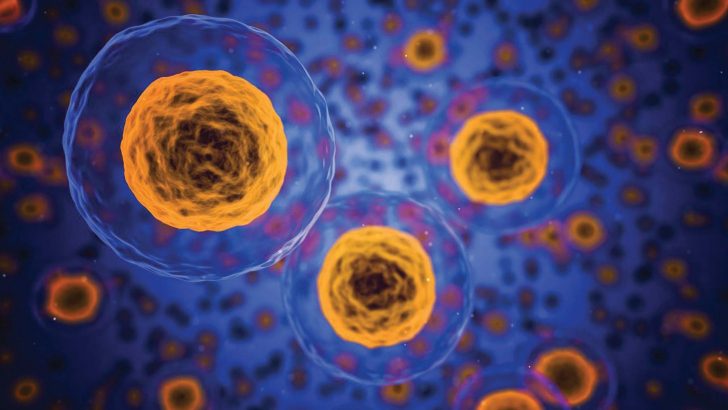Biomedical Controversies in Catholic Ireland
by Don O’Leary (Eryn Publishers, €18.99/£ 17.99)
This book is a historical analysis by historian Don O’Leary of the biomedical controversies played out in Ireland in the time-frame from the 1968 Encyclical Humanae Vitae to repeal of the Eighth Amendment in 2018. The issues involved were abortion, stem cell research, assisted human reproduction and assisted suicide.
Dr O’Leary records the detailed contributions of the principal protagonists in the debates in date sequence and with chapter endnotes. While such detail is useful for academic scholars of these debates, it may make it difficult for many other readers to ‘see the wood for the trees’. The author might have served his purpose better by sacrificing some finer detail in favour of collating, comparing and contrasting arguments. The publisher’s failure to supply an index to this convoluted book makes it less useful than it ought to be – but then such vital tools are becoming rarer and rarer these days.
Abortion
I will mainly comment on abortion and stem cell research. I contributed to these debates on the pro-life side and Don O’Leary discusses my contributions in his book. I will summarise a little science around these issues to assist readers who have forgotten these details.
Abortion, embryonic stem cell research and assisted human reproduction issues hinge around the question of whether or not the human embryo is a person. Those who believe it is a person are termed ‘pro-life’, those who don’t are ‘pro-choice’. Pro-lifers opposes abortion, except in tightly circumscribed circumstances, and embryonic stem cell research. This is also the position of the Catholic Church.
I, and others, publicly explained that the embryo is biologically human from conception, the start of a continuum of life ending in death in old age. At every stage along the continuum this human entity has the properties appropriate to its position. I also argued philosophically that personhood exists from conception to death. The embryo therefore has the human right to life and neither abortion nor embryonic stem cell research is permissible.
Dr O’Leary classifies those who believe the early embryo is a person as pro-life extremists. One wonders what he thinks every mother-to-be visualises when she discovers she is pregnant as early as eight days after conception or what she sees when counting the fingers and toes in a scan of her ten-week oldfoetus?
Cells
Stem cells, undifferentiated cells capable of differentiating into tissue cells (e.g. muscle and kidney) come in three varieties. adult stem cells (ASC), located in adult tissues, can differentiate into a limited number of tissue-type cells. Human embryonic stem cells (HESC), present in the embryo, are pluripotent – they can differentiate into all types of human tissue cells. However, extraction of HESC from human embryos kills the embryo. Induced pluripotent stem cells (iPSC) are prepared in the laboratory by manipulating human skin cells.
Stem cells have great promise for researching cures for human disease. Other things being equal, HESC and iPSC have most potential but APC are also of proven value. However, using HESC is attended by grave ethical problems while using IPSC and AFC is not.
I, and others, publicly explained that iPSC and ASC can adequately service research and there is no absolute dependence on HESC. I pointed out that the iPSC field was developing rapidly and likely to soon outstrip HESC. Dr O’Leary writes that most scientists claim HESC is superior to iPSC and ASC, but doesn’t add that their opinion depends on the fact that they see no ethical problem with HESC.
Today, iPSC has outstripped HESC in its usefulness for scientific research and the steam has gone from the push to use HESC. The author does not acknowledge this.
He analyses the recent seismic shift in Irish bioethical values from a moderate pro-choice standpoint, consistently commenting negatively on the scientific quality of studies quoted by the pro-life side and making relatively little criticism of scientific studies quoted by the pro-choice side. But, bearing this in mind, readers will find value in this encyclopaedic survey of these turbulent debates.
And finally, the author rightly comments on the lacklustre campaign waged in these debates by the Catholic Church, weighed down with depression after the scandals of recent decades.
William Reville is Emeritus Professor of Biochemistry at UCC.


 William Reville
William Reville
